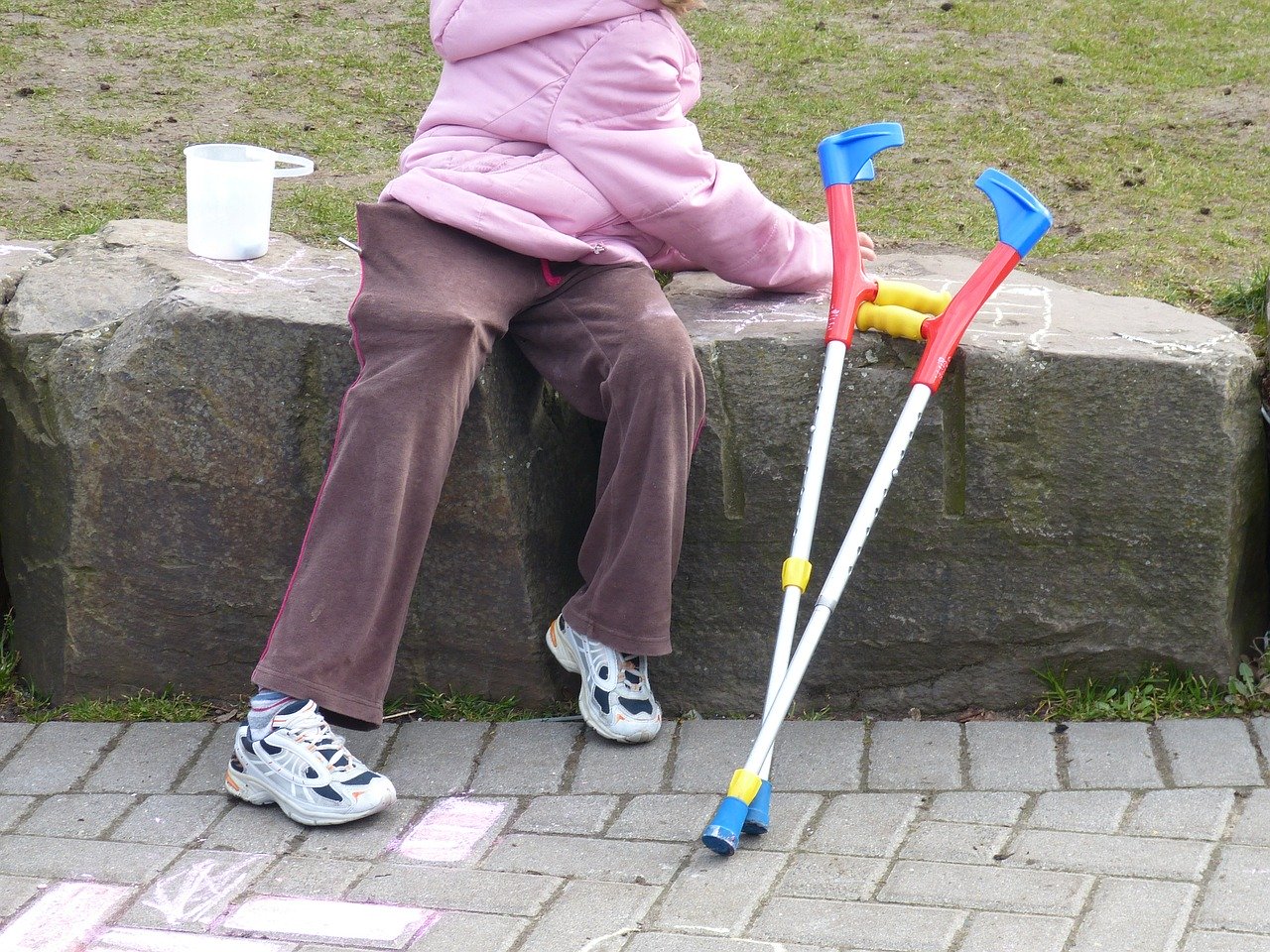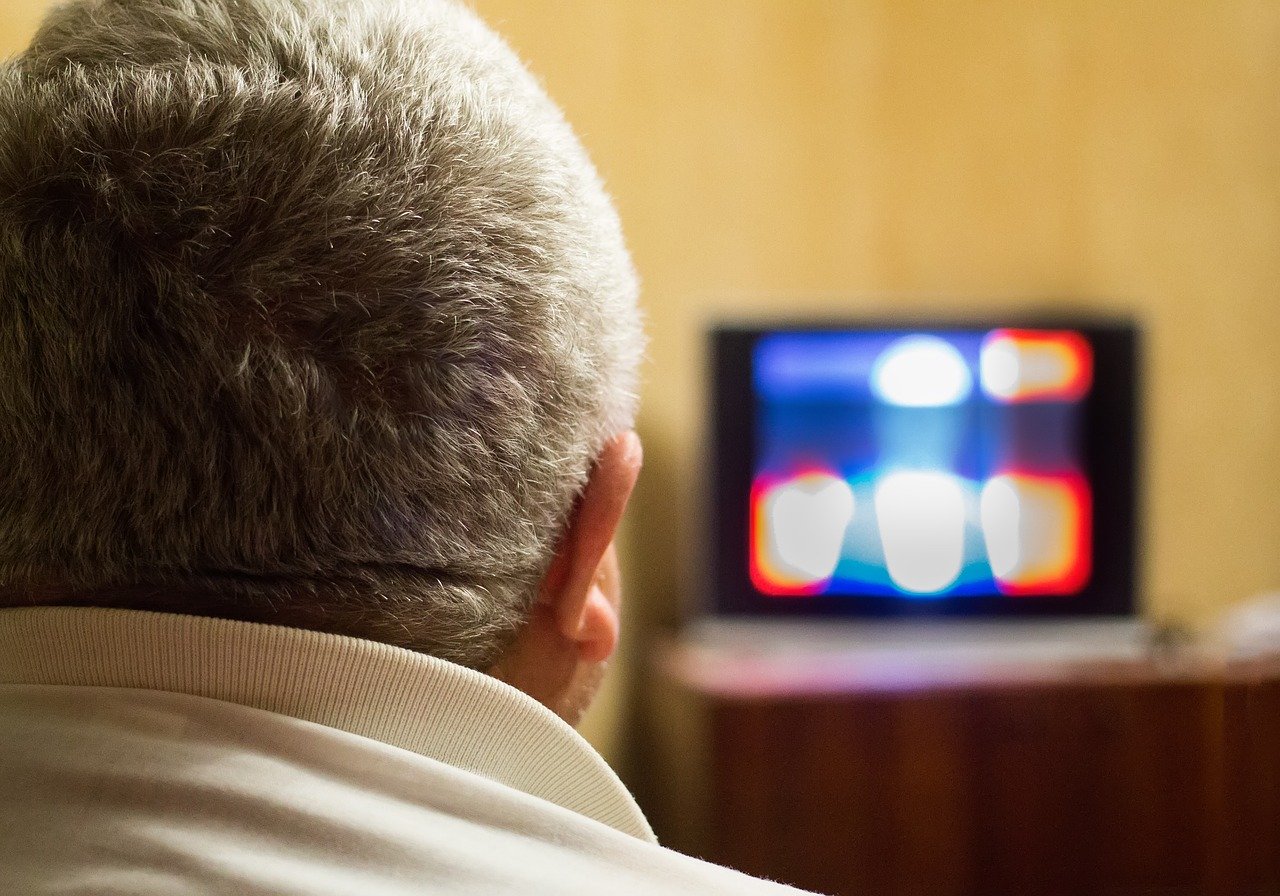In January 2019 researchers from the USA published their review of the medical scientific literature to assess the safety and effectiveness of exercise training for children and adolescents with juvenile … Read more
Pilates, McKenzie, Feldenkrais, Global Postural Rehabilitation and Proprioceptive Neuromuscular Facilitation programmes are effective for reducing low back pain and disability as well as improving quality of life
In December 2018 researchers from Italy published their review of the medical scientific literature to assess the evidence supporting different rehabilitation techniques for the management of low back pain, one … Read more
A moderate and high television viewing time appears to increase the risk of metabolic syndrome, especially in insufficiently active adults
In February 2019 researchers from Brazil and the USA published the results of their study to assess the association between sedentary behaviour and metabolic syndrome in adults. A total of … Read more
In individuals with hypertension, the greatest reduction in blood pressure levels was seen in those who practiced yoga, followed by Zumba dance and finally aerobics
In February 2020 researchers from India published the results of their study to assess the effectiveness of yoga, Zumba dance, and aerobic exercises in controlling blood pressure levels in Indian … Read more
Increased screen time, particularly computer use, appears to be associated with a small increased risk of anxiety and depression in young adults
In January 2019 researchers from the UK published the results of their study to assess the association between screen use and anxiety and depression in young people. A total of … Read more
Top-level female footballers undertaking an intense 3-week training period prior to a competition found that beta-alanine supplementation taken during the same time period had no impact on the worsening of their high-intensity intermittent exercise capacity
In April 2020 researchers from Brazil published the results of their study to assess whether beta-alanine supplementation taken during a short-duration intense football-specific training period prior to an international competition … Read more
Adolescent girls who watch television with high levels of relational aggression, eg soaps, reality television, etc, appear to send texts with a higher level of aggression whereas for boys it is the time they spend watching television in general which appears to predict the level of aggression in texts
In May 2019 researchers from the USA published the results of their study to assess the association between relational aggression on television and relational aggression in text messaging. Relational aggression, … Read more
Reducing computer/video game usage and increasing physical activity may improve depression, anxiety and social phobia symptoms in adolescents
In January 2019 researchers from the USA published the results of their study to assess whether television viewing and computer/video game usage had any effect on major depressive disorder, generalized … Read more
Moderate physical activity, watching television/movies for less than 3 hours/day and sitting for under 8.5 hours/day in total reduces the risk and progression of atherosclerosis
In February 2019 researchers from the USA published the results of their study to assess the association between sedentary behavior and physical activity on risk of atherosclerosis in a Mexican … Read more
When compared to watching television, videos or DVDs for under 7 hours/week, watching for over 21 hours/week appears to increase the risk of atherosclerosis by approximately 80%
In January 2019 researchers from Greece published the results of their study to assess the association between television viewing, as a sedentary behaviour pattern, and risk of atherosclerosis. A total … Read more
A sleep duration of over 10 hours/night appears to be associated with lower BMI scores in children
In February 2019 researchers from Germany published the results of their study to assess the association between sleep duration and physical activity and overweight/obesity in German primary school children. A … Read more
Face-to-face interaction is required for young children to develop an understanding of emotions, with a greater amount of time spent watching television in girls and on gaming in boys leading to a reduced understanding of emotions
In September 2019 researchers from Norway published the results of their study to assess the association between screen usage and a child’s understanding of emotion. (Emotion understanding is generally defined … Read more
A greater adherence to the Alternative Healthy Eating Index-2010 may decrease the risk of developing hepatocellular carcinoma
In August 2019 researchers from China, USA and Singapore published the results of their study to assess the role of three dietary patterns in the development of hepatocellular carcinoma, namely … Read more
Current research findings are inconsistent as some studies show no significant association between either dietary Glycemic Index or glycemic load on risk of depression, whilst other studies show that a higher Glycemic Index or glycemic load increases the risk of depression
In August 2019 researchers from Iran published their review of the medical scientific literature to assess the association between dietary Glycemic Index, glycemic load and depression. A total of 11 … Read more
Aerobic exercise appears to significantly improve executive functioning (eg the ability to pay focused attention to and to listen, to start, plan or complete tasks or even switch among tasks) in adults at risk for cognitive decline
In January 2019 researchers from the USA published the results of their study to assess the effect of aerobic exercise and the Dietary Approaches to Stop Hypertension (DASH) diet on … Read more
Night time media use may contribute to sleep problems and symptoms of anxiety and depression in adolescents with attention deficit/hyperactivity disorder
In November 2018 researchers from the USA published the results of their study to assess the association between night time media use and sleep problems and internalizing symptoms (ie depression, … Read more
Sleep and dietary patterns, technology and internet usage, perinatal factors, breastfeeding, birth delivery mode and exercise all appear to have an effect on the amount of impulsive behaviour seen in children and adolescents with attention deficit/hyperactivity disorder
In September 2019 researchers from Spain published the results of their study to assess the association between weight, birth attributes, exercise and sleep habits, dietary intake and impulsive behaviour in … Read more
A short sleep duration appears to be associated with an increased risk of an emotional disorder (anxiety and depression) in both boys and girls and with a behavioural disorder (defiance, inappropriate conduct, and attention-deficit/hyperactivity) in boys only
In December 2019 researchers from Norway published the results of their study to assess the association between sleep duration and symptoms of emotional and behavioral disorders in children. A total … Read more
Drinking one glass of wine per day is associated with a reduced incidence of chronic kidney disease and cardiovascular disease as well as a reduced risk of cardiovascular disease in those with chronic kidney disease
In November 2018 researchers from the USA published the results of their study to assess the association between wine consumption and the incidence of chronic kidney disease and cardiovascular disease. … Read more
Greater technology use appears to be associated with more sleep-wake problems and less time in bed in all adolescents, but the association between the amount of technology usage and teacher-rated daytime sleepiness only appears to be seen in adolescents with attention deficit/hyperactivity disorder
In June 2019 researchers from the USA published the results of their study to assess the differences in types and amount of technology used by adolescents and its association with … Read more




















